Text

I haven't posted here in foreva but I like this drawing :3 I listened to a podcast on Artemisia of Caria and Xerxes so this is them !
249 notes
·
View notes
Text
I live in complete poverty and disability. Trying to make art to sell as prints as I am not getting commissions the way I used to. I am disabled and diabetic, immunocompromised from recent surgery, and I live in a traditional filipino house partially destroyed by storms and termites. I work 3 jobs, but they are all very unstable. Please please please, if you've ever derived joy from my art or insight from my posts or book recs, if you could pick up a print, send a tip, or subscribe to my patreon where I have 400+ exclusive drawings / early access, it would help keep me alive, in the most literal sense. I have been given a second chance at life, and I would like to keep living. Thank you so much

Inprnt / patreon / ko-fi tipping jar / paypaI tipping jar
826 notes
·
View notes
Text

i saw this janky spartan sphinx and kind of loved the awkward wing placement making them look more like arms than the usual shoulder placement so i drew her! i also gave the birds their heads back. yay.
853 notes
·
View notes
Text
you cannot headcanon your way out of overt thematic structures on which the entire narrative is built
37K notes
·
View notes
Text
More "good dad Zeus" from my casual Iliad skimming-through, as a reminder:

(trans. by Emily Wilson)
You cannot pay me enough to call Zeus a bad dad.
161 notes
·
View notes
Text
Either it's Zeus who is an evil abusive husband and cruel father and Hera is the sweet little victim with no agency or it's Hera who is a cruel mother and a jealous wife and Zeus is just a goofy idiot.
I'm so tired boss

#TEXT#greek mythology#There's something to say about how Western some of these portrayals are.#Like I don't think you're talking about Zeus and Hera I think you're talking about Zachary and Heather
41 notes
·
View notes
Text
They had to replace actual mythological Zeus with the fake evil one in Epic because if actual Zeus was approached by Athena (or any of his kids, really) to ask for a favor, he’d give her whatever she asks for before she finishes the sentence.
#TEXT#epic the musical#Epic you will probably always be mid for me JUST for that Zeus characterization.#Cruel abusive dad Zeus is a modern invention! You have read too much Percy Jackson!#And you need to find your way back to the source!!#He’s a tough Mediterranean girl dad#The bit with ‘you make me feel shame??’ PISSES ME OFF THE MOST.#Because he’s fine with shame actually! did we forget the sham wedding with a fucking tree to get Hera back#He is FUN and NOT ASHAMED TO BE SILLY. Or WRONG.#Gods that in myths cannot tolerate personal insults. interestingly. include uh. Athena.
12 notes
·
View notes
Text

The Sefer Raziel HaMalakh (Book of Raziel the Angel)
297 notes
·
View notes
Text
"In a famous scene in Book 6 of 'The Iliad,' Andromache, accompanied by her baby son and enslaved nurse, begs her husband, the great Trojan warrior Hector, to adopt a less dangerous military strategy, rather than face the enemy on the open plain. He refuses, and they part for the last time. In the original Greek, the wife and husband each use the same word to address one another: 'daimonios.' The word is cognate with 'daimōn' — 'spirit' or 'deity' (from which we get the English 'demon') — and presumably suggests, in its most literal sense, that a person is influenced by some superhuman power. Yet it is surprisingly common in Homer, generally used when one individual addresses another. It is sometimes taken to suggest little more than 'Sir' or 'Ma’am'; sometimes the context suggests it is negative ('possessed' or 'crazy'), sometimes the opposite ('You marvelous person!').
Many translators of this scene use different renditions of the word in the two instances. In Lattimore, Andromache calls Hector 'Dearest,' while he calls her 'Poor Andromache!'; in Fagles, Andromache calls Hector 'Reckless one,' while Hector calls Andromache 'Dear one'; in Fitzgerald, Andromache uses 'Wild one,' and Hector uses 'Unquiet soul' (a lovely phrase lifted from Shakespeare’s 'Merchant of Venice' — although oral poetry does not abound in clever literary quotations). I felt it was important to use the same word for both the wife addressing the husband, and the husband addressing the wife, to echo the symmetry suggested in the original, and I used 'strange' in both instances ('strange man … strange woman,' echoing the different genders of the original). I hoped that this word might hint at the Greek term’s suggestion of something unusual, perhaps divine or inhuman. This heartbreaking scene evokes both deep intimacy and profound estrangement between husband and wife, one of whom will soon be dead and the other enslaved."
- Emily Wilson, from "Emily Wilson on 5 crucial decisions she made in her ‘Iliad’ translation." Washington Post, 20 September 2023.
438 notes
·
View notes
Text
i don’t know how to explain to you people that no matter what a country’s government is like i do not and will not support the US indiscriminately bombing that country’s civilians and i don’t know why that’s a controversial take tbh
49K notes
·
View notes
Text

Eros and Psyche
* Early 3rd century BCE
* Gnathia
* polychrome terracotta
* Archaeological Museum of Taranto
Attribution:
Fabrizio Garrisi, CC BY-SA 4.0 https://creativecommons.org/licenses/by-sa/4.0, via Wikimedia Commons
106 notes
·
View notes
Text
i don’t think people understand how much of life is grief. not just people dying, but losing the version of yourself you thought you’d become. grieving the city you had to leave. the friends you lost not in argument, but in silence. the summer that will never come back. the feeling that maybe you peaked at 12 when you were reading books under the covers and believing in forever
64K notes
·
View notes
Photo
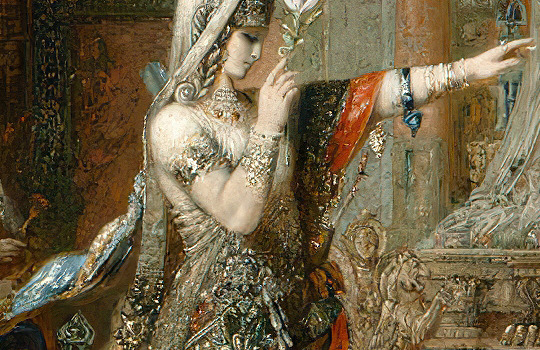
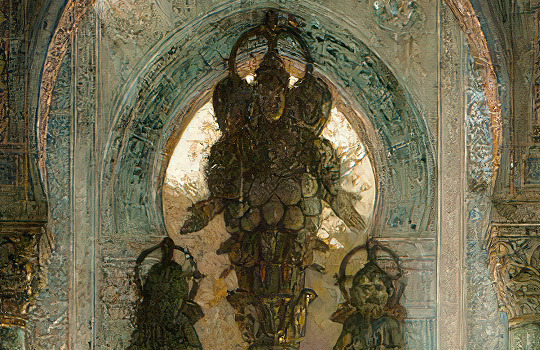
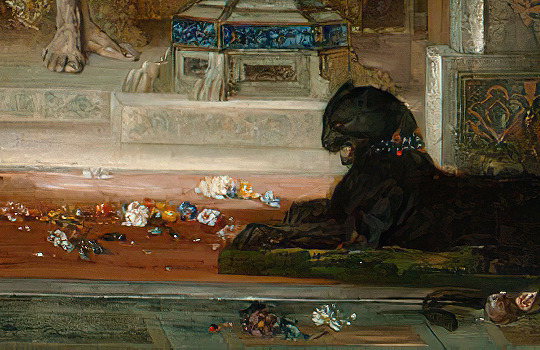
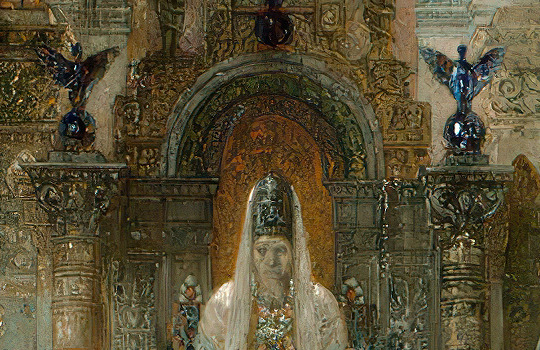
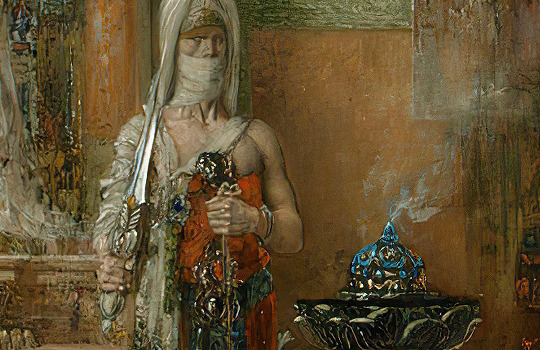
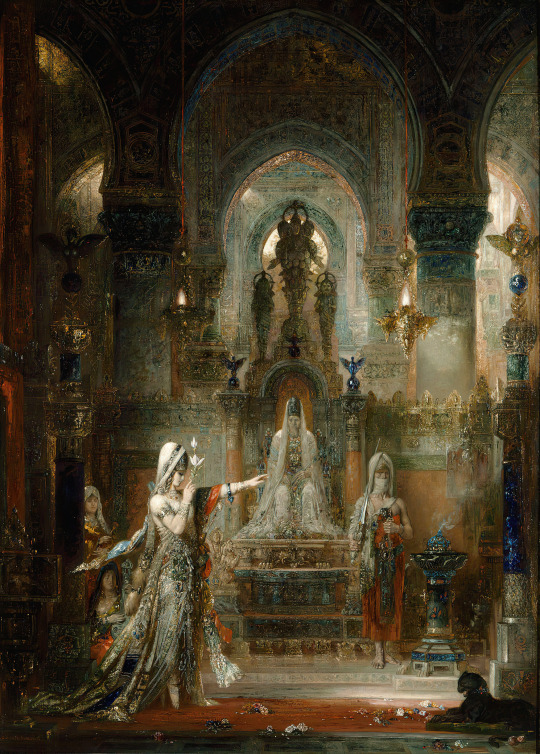
SALOME DANCING BEFORE HEROD, 1876, by Gustave moreau
The work took Moreau seven years to paint. It created a sensation when it was exhibited for the first time in Paris at the Salon of 1876 and is arguably Moreau’s most important work. The painting is kept today in the Hammer Museum in Los Angeles.
2K notes
·
View notes
Text

Perseus and Andromeda
5K notes
·
View notes

